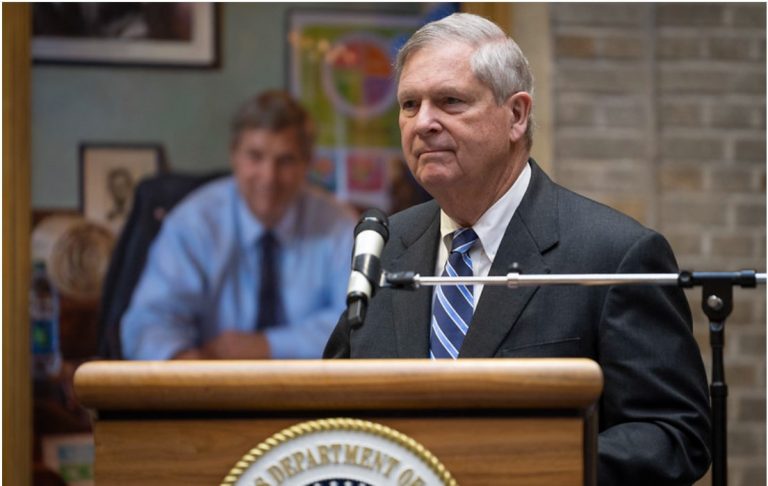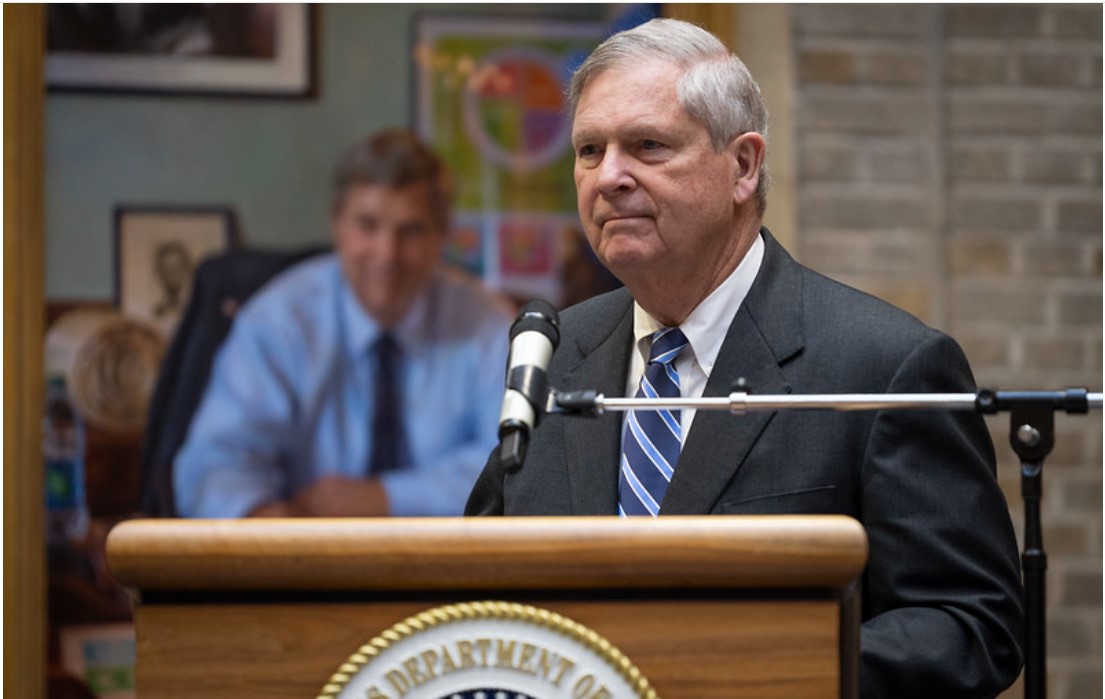WASHINGTON, D.C. – The Biden administration plans to take a tougher stance toward meatpacking companies it says are causing sticker shock at grocery stores. Four companies control much of the U.S. meat processing market, and top aides to President Joe Biden blamed those companies for rising food prices in a blog on Wednesday.
According to Reuters, the administration will funnel $1.4 billion in COVID-19 pandemic stimulus money to small meat producers and workers, administration aides said in the blog post. They also promised action to “crack down on illegal price fixing,” White House aides said in the blog post.
 Four companies slaughtered about 85% of U.S. grain-fattened cattle that are made into steaks, beef roasts and other cuts of meat for consumers in 2018, according to the most recent data from the U.S. Department of Agriculture (USDA).
Four companies slaughtered about 85% of U.S. grain-fattened cattle that are made into steaks, beef roasts and other cuts of meat for consumers in 2018, according to the most recent data from the U.S. Department of Agriculture (USDA).
The big four processors in the U.S. beef sector are: Cargill , a global commodity trader based in Minnesota; Tyson Foods Inc, the chicken producer that is the biggest U.S. meat company by sales; Brazil-based JBS SA, the world’s biggest meatpacker; and National Beef Packing Co , which is controlled by Brazilian beef producer Marfrig Global Foods SA.
Price increases in beef, pork and poultry have driven half of the increased prices Americans have paid for food they eat at home since December, the White House said. And the administration sees those companies collecting too much profit after the stimulus helped prop up demand for their products.
“We’ve helped sustain this market, and it’s frustrating to see these companies turn around and raise prices,” Bharat Ramamurti, the deputy director of the White House’s National Economic Council, said in an interview. “What we see here smacks of pandemic profiteering and that is the behavior the administration finds concerning.”
Rising inflation has posed a serious threat to Biden’s efforts to get a grip on the COVID-19 pandemic – his top priority as president – and engineer an economic recovery from the recession it caused.
The Biden administration has responded to these issues partly by ramping up efforts to crack down on what it sees as anticompetitive and monopolistic behavior that could be increasing prices. A meeting of a new White House Competition Council created by Biden is set for Friday, Sept. 10.












